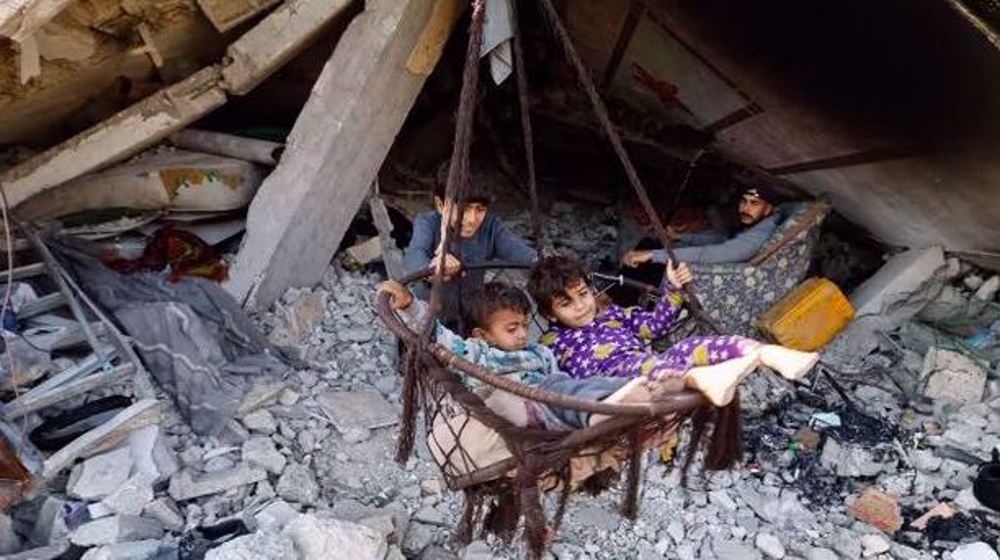Iran inaugurates ‘most advanced’ autism treatment center
Iranian experts have built and inaugurated the “Autism Room,” a facility that has been hailed as the most advanced one yet in the country to take on the developmental disorder.
The facility was opened in the northwestern city of Qazvin on Sunday in the presence of Dr. Javad Hosseini, deputy education minister and head of the country’s Special Needs Education Organization.

Although there is no proven cure for Autism, the technology brought forth by the Iranian experts can efficiently reduce the symptoms.
The new facility is embedded within the Dornika Autism Treatment Center in Qazvin. It uses a system developed by the experts that deploys artificial intelligence to treat autistic individuals.

The first step of using the technology features a person with autism entering a room that is devoid of any sensory factor such as light, sound or smell. The next step is to increase the subject's attention and concentration and decrease their stress and anxiety, thus helping them achieve a state of mental balance.
The system also trains the patients to carry out special exercises that level up their control over their body movement.

Another special feature about the Autism Room is that it allows ordinary people to experience the world of autism via an autism simulator using virtual reality.
“We trust some information about the autistic child with the Dornika Artificial Intelligence system. It then simulates all the conditions pertaining to the child for the parents and the medical team. This invigorates the child’s relationship with both the parents and the therapist. This gives shape to a triangle featuring the therapist, the child, and the parents, reinforces this relationship, and yields a better perspective so we can improve our [medical] intervention process,” said an expert at the facility.
Ability to experience sounds, lights, patterns, and disturbing elements as autistic individuals do, provides an insight into their daily experiences and helps build better understanding, empathy, and respect for autistic individuals.
The disorder is marked by severe difficulty in establishing social interaction and communication as well as restricted and repetitive behavior.
Dr. Hosseini reiterated the symptoms associated with the disorder, saying, “The communicational pattern involved in [the people suffering from the various disorders lying] in the spectrum of autism is, to begin with, a limited one, meaning these people display a limited set of behaviors. Secondly, these behaviors are repetitive. Therefore, we’re dealing with limited repetitive instances, whether in the case of the children’s behavior, actions, or instances of emotional expression.”
“Right now, the country hosts 47 autism-specific schools that provide educational services to around 3,000 students suffering from the autism-spectrum disorders,” he added, and expressed gratitude towards those involved in creating the new technology.
A million more Epstein files found as US lawmakers slam Trump admin’s ‘illegal’ withholding
Israeli war minister vows to continue aggression against Arab nations
US rhetoric at UNSC ‘publicity stunt’ to deceive people: Tehran
VIDEO | Press TV's news headlines
Hamas official: 'Land grab part of Israel’s ethnic cleansing policy'
VIDEO | Bethlehem: Where faiths meet, identity endures
VIDEO | Conflict in Sudan denies young people their right to education
VIDEO | Venezuela's national assembly passes law against piracy












 This makes it easy to access the Press TV website
This makes it easy to access the Press TV website